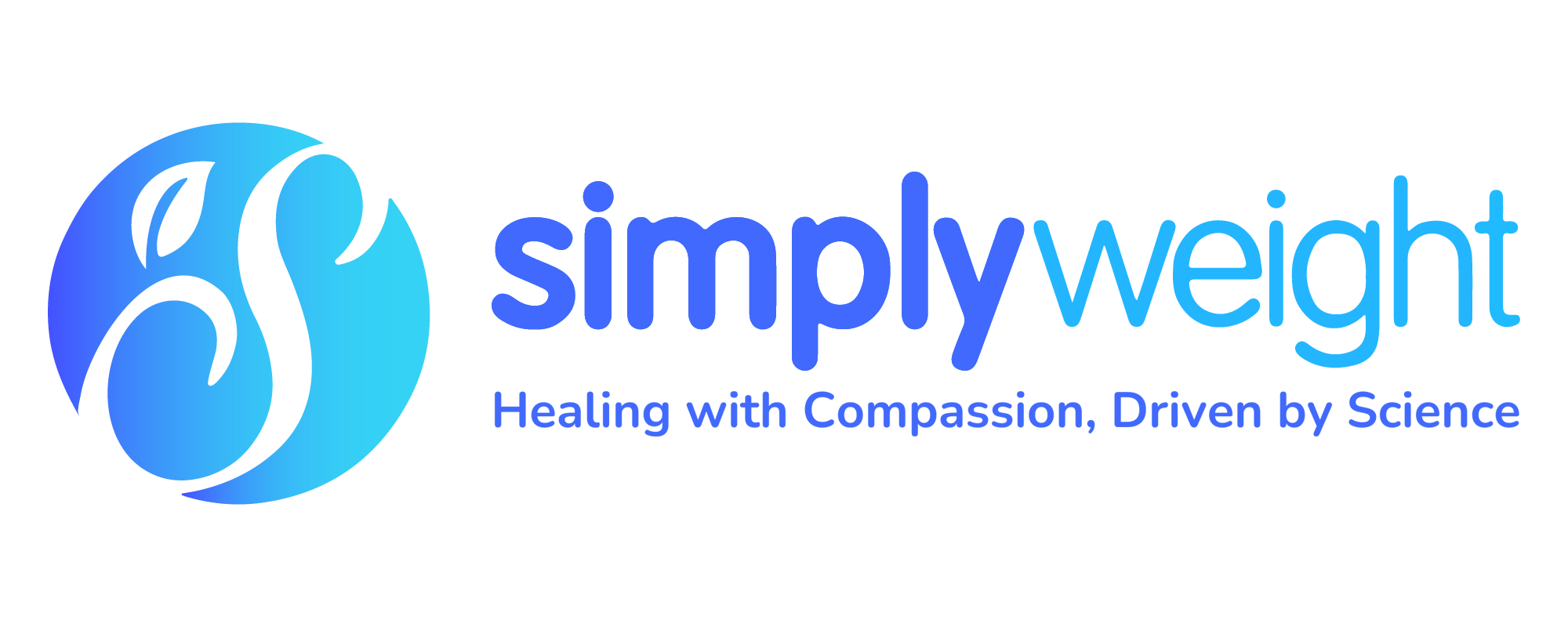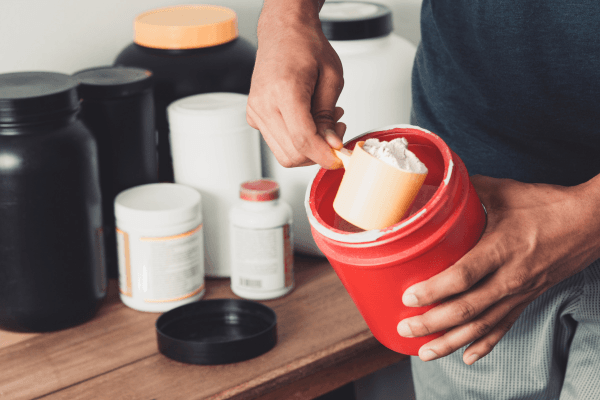Polycystic ovarian syndrome (PCOS) is a disorder caused by the overproduction of male sex hormones in women, leading to symptoms like irregular periods, excess hair growth, acne, and fertility issues. The causes involve genetics, hormonal imbalances, insulin resistance, inflammation, and environmental factors. Healthy behaviours, including maintaining a proper weight, a wholesome diet, and regular exercise, may lower the risk of developing PCOS.
The power plate, created by Harvard University, is a visual aid for meal planning, emphasising fruits, vegetables, whole grains, and lean proteins. Including anti-inflammatory foods in the diet can help manage PCOS symptoms. The power plate recommends fruits, vegetables, whole grains, and lean proteins, emphasising their anti-inflammatory properties.
Anti-inflammatory foods beneficial for PCOS include fruits (berries, cherries, apples), vegetables (leafy greens, cruciferous vegetables), omega-3 fatty acids (fatty fish), nuts, seeds, and spices (cinnamon, ginger, turmeric). Consulting with a healthcare professional for a personalised PCOS care plan is essential. The power plate serves as a flexible guide, and incorporating anti-inflammatory foods into the diet may potentially manage PCOS symptoms and improve overall health.
Living with PCOS is a journey requiring self-care, emphasising emotional and mental health in addition to physical health. Seeking support from healthcare teams, online groups, or therapists is encouraged. Overall, managing PCOS involves lifestyle modifications, creating a balanced eating pattern, and promoting holistic well-being.
Original article posted here: https://www.thelondonobesityclinic.co.in/best-anti-inflammatory-foods-for-pcos/




